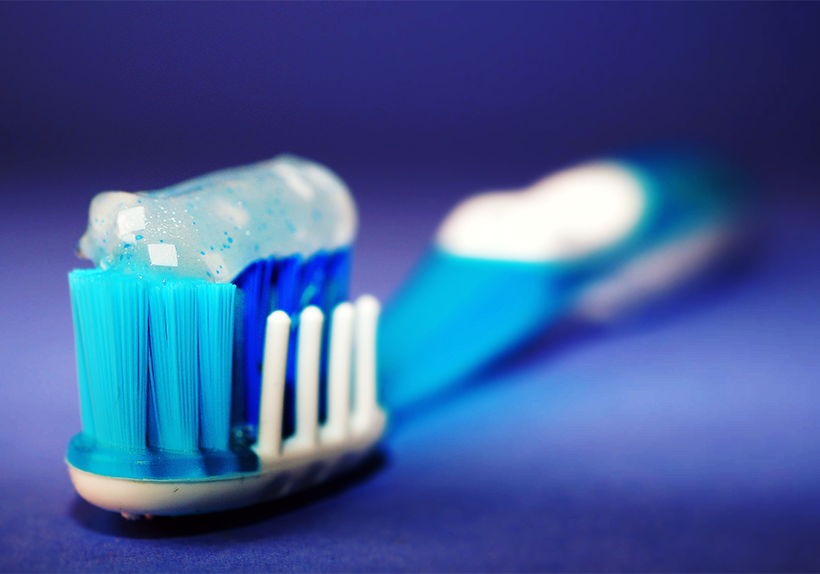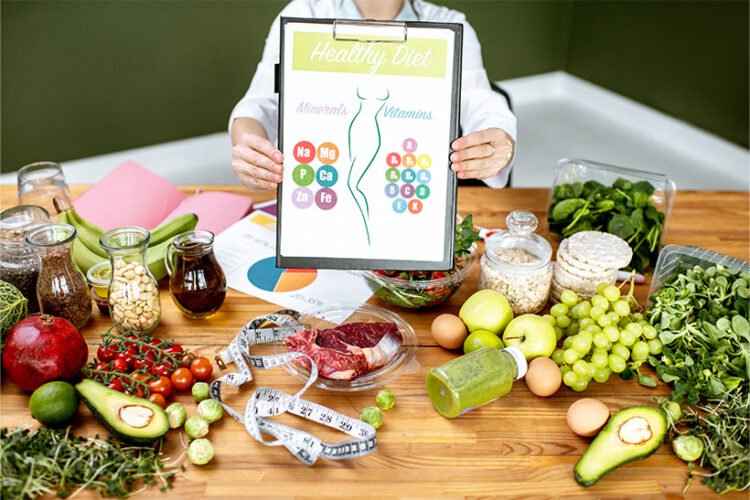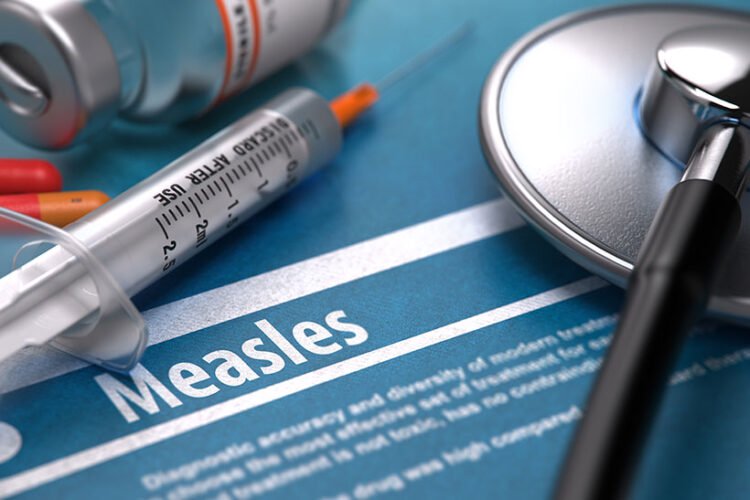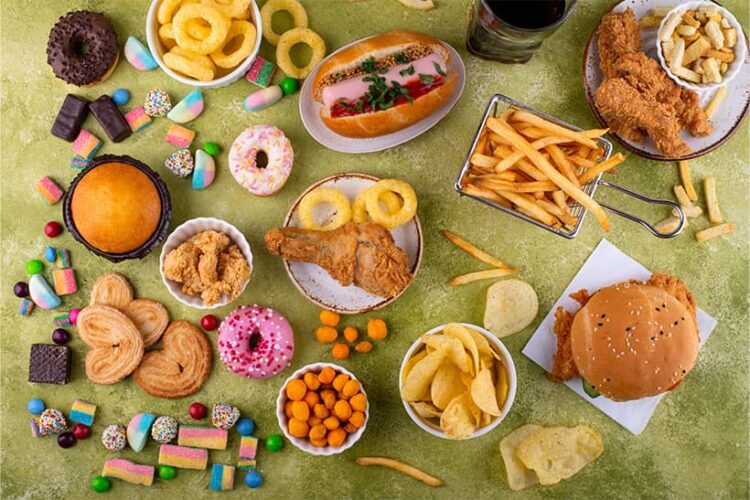Raise your hand if you have been practicing good dental hygiene while working from home during the 2020 pandemic. Keep your hand up if that includes brushing at least twice a day, flossing, avoiding sugary foods and making a visit to the dentist for a cleaning over the last eight months.
October is National Dental Hygiene Month, and that means it’s important to know how to preserve and improve your oral health. Let’s learn how to be responsible with maintaining a healthy mouth.
What is good dental hygiene?
Good dental hygiene involves following best practices to reduce the risk for oral disease. Brushing after each meal, flossing at least once per day and using mouthwash can help maintain a healthy mouth. Eating foods that promote good oral health while steering away from excess sugar will also limit the development of cavities and tooth decay.
How do you properly brush your teeth?
The proper way to brush your teeth starts with having the right supplies. You need a toothbrush, flouride toothpaste, floss and mouthwash. A descriptive graphic can be found at Healthline.com describing the following steps:
- Wet your toothbrush and apply a pea sized mount of paste to the brush.
- Use gentle and circular motions on the front teeth.
- Move to the back molars, brushing the outside, inside and tops.
- Brush your tongue and rinse with water.
- Follow with flossing between all teeth and rising with mouthwash.
What toothpaste is best?
With so many different choices from gels to pastes, flavors and selection by what you are targeting, choosing a toothpaste can be overwhelming. The important thing is choosing a toothpaste that has fluoride. Fluoride works by fighting the germs that can lead to tooth decay and provides a protective barrier for your teeth.
How important is it to floss?
Flossing helps to remove left over particles between the teeth that create colonies of bacteria, lead to plaque and contribute to inflammation and gum disease. Flossing even once a day helps to combat these conditions that can lead to gingivitis and disease of the gums and bone down the road. If flossing today can lead to preventing tooth loss tomorrow, dedicating two minutes as part of your bedtime routine seems worth it.
Ready-to-use dental flossers can be beneficial to adults with arthritis and children.
Does mouthwash provide a great benefit to improving oral health?
Healthline lists the three ways mouthwash is useful as an adjunct tool to brushing:
- Reduces the amount of acid in the mouth.
- Cleans hard-to-brush areas in and around the gums.
- Re-mineralizes the teeth.
How can your diet contribute to dental hygiene?
Tooth decay is the number one most chronic childhood disease that can be prevented. Foods that lead to poor oral health are those loaded with sugar which also lead to gum disease and progress to tooth loss in adults. Mouthhealthy.org lists tips to keep in mind when choosing meals and snacks:
- Drink plenty of water.
- Eat a variety of foods from each of the five major food groups.
- Limit the number of snacks you eat.
- If you snack, choose healthy fruits and vegetables, or cheese.
- Limit sugar and acidic foods.
“Foods eaten as part of a meal cause less harm to teeth because more saliva is released during a meal. Saliva helps wash foods from the mouth and lessens the effects of acids, which can harm teeth and cause cavities,” reports Mouthhealthy.org.
What’s the most helpful way to maintain good dental hygiene?
While practicing the above habits are crucial for improving your oral health, frequent dental checkups are just as important. Even the most diligent flossers and tooth brushers out there require a good cleaning twice a year. Removing calcium and plaque buildup is important, as well as receiving a thorough exam and x-rays to catch any possible oral health problems that may be on the forefront.
American Online Benefits Group offers dental plans to help maintain good oral hygiene. Please contact our Agent or Member Services to receive more information at 214-389-9072.




